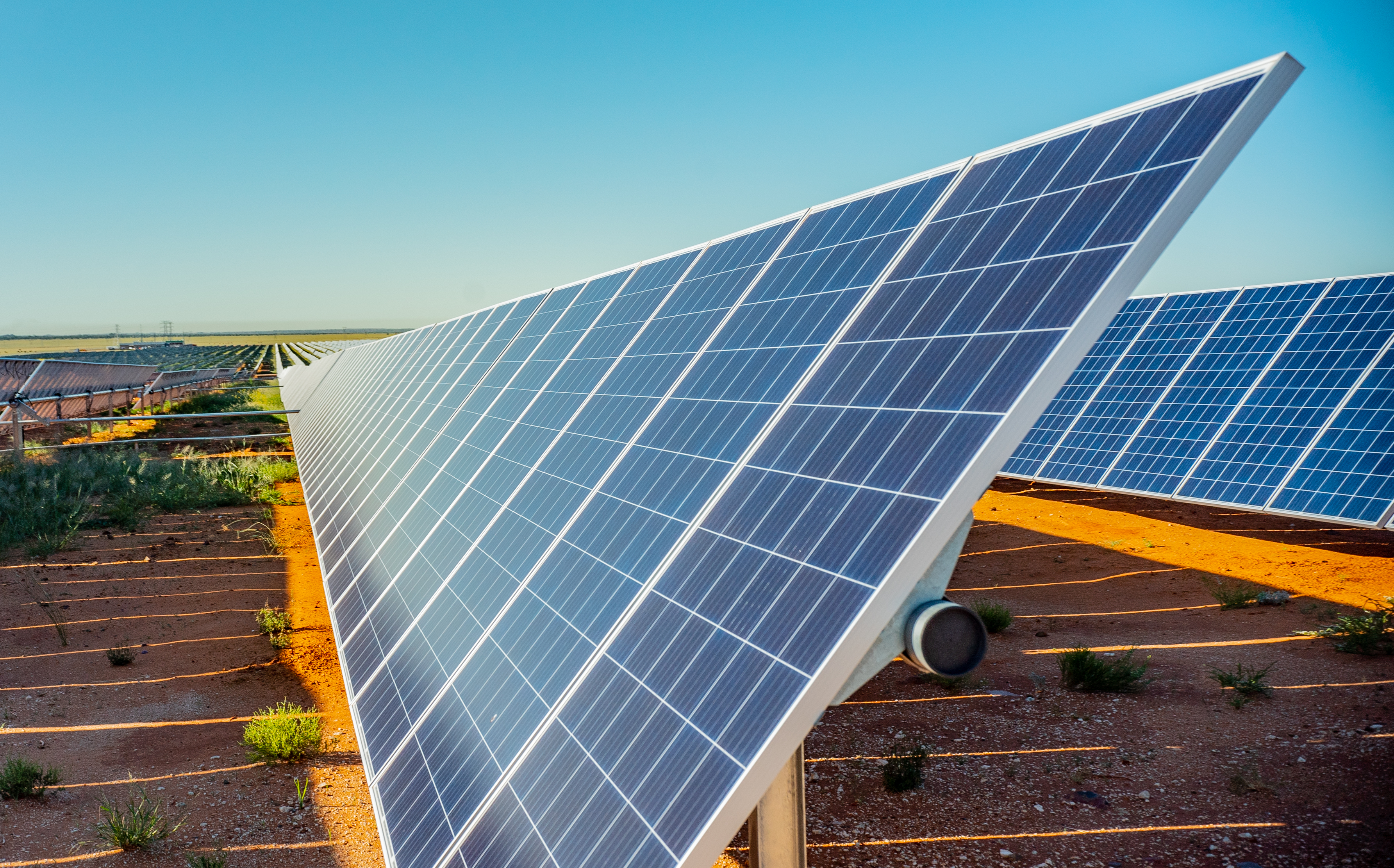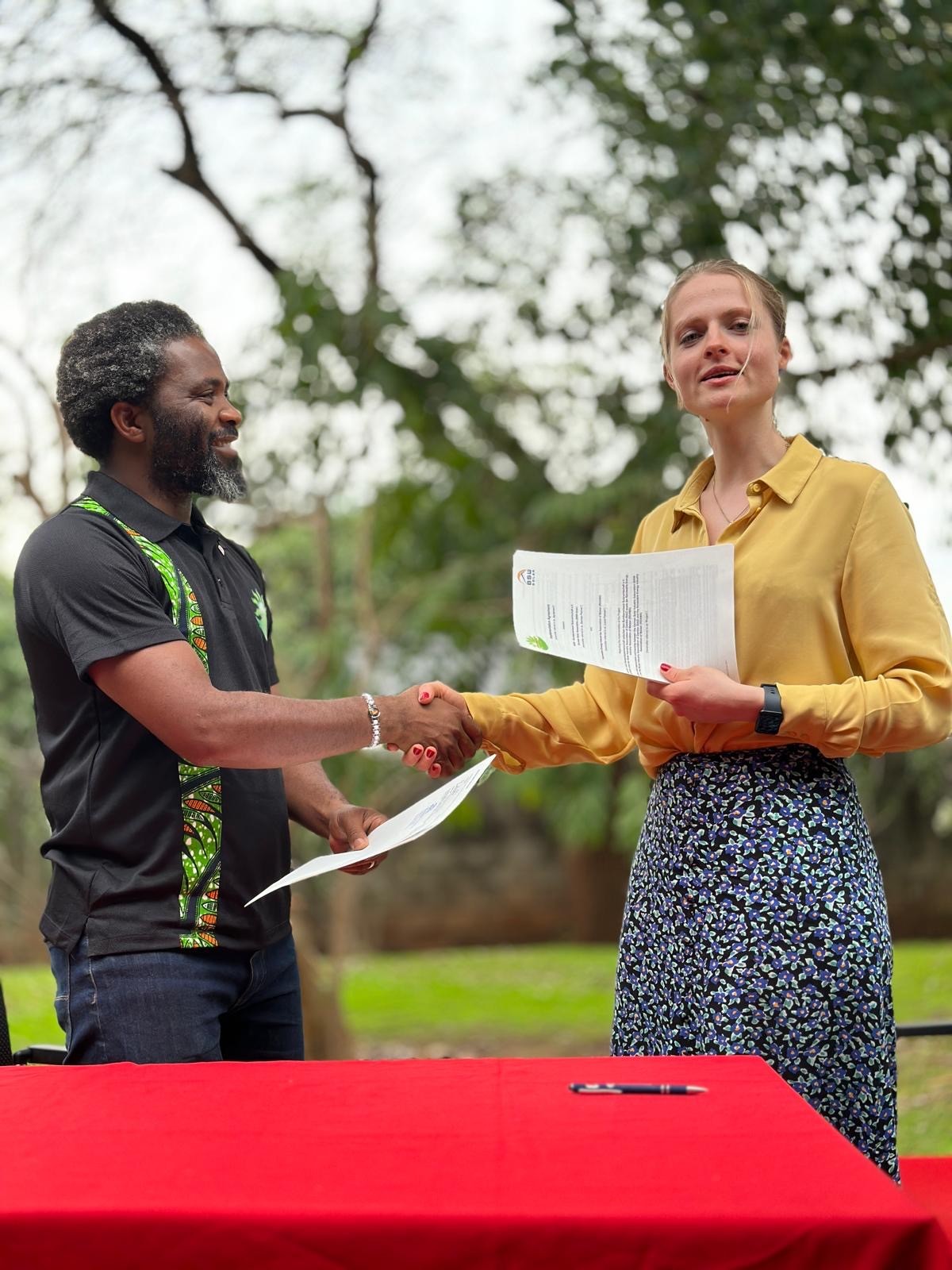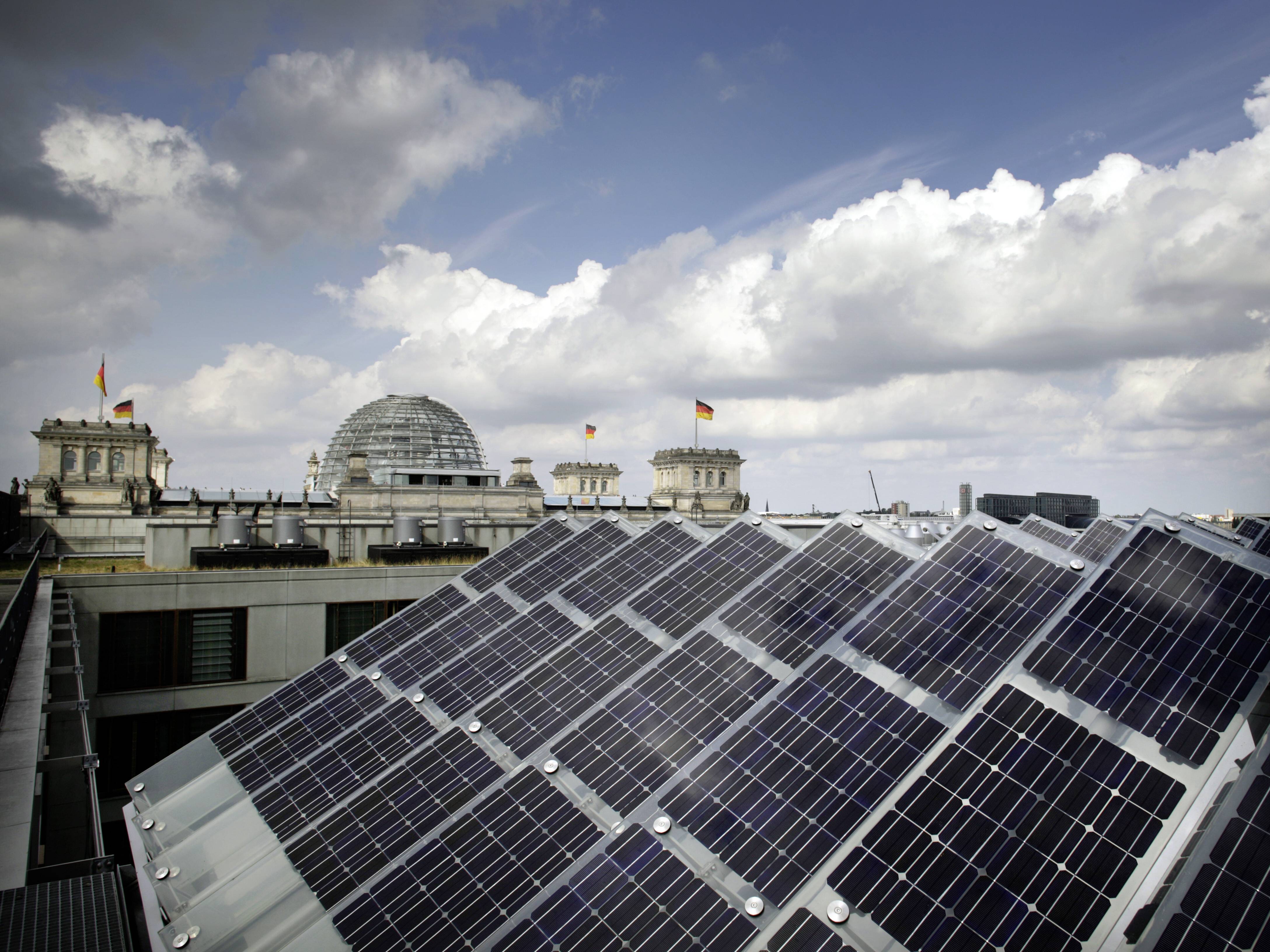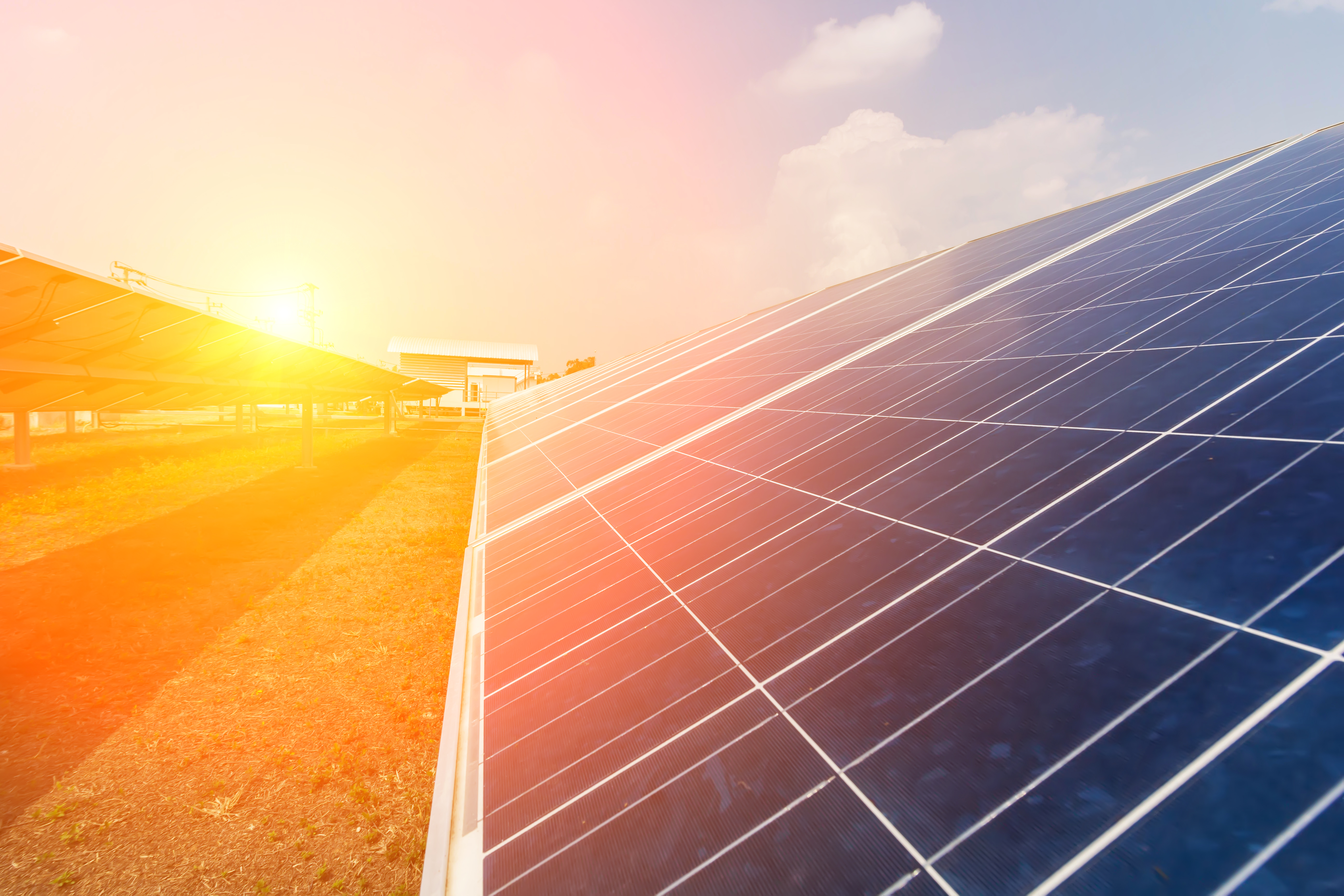Today, in the run-up to Intersolar Europe, the “Solarize Africa Market Report 2023“ analysing developments in Photovoltaics (PV) markets on the African continent is published.
Long gone are the days when African PV markets were limited to pico solar applications. Today, PV is present in multiple forms in Africa, from a solar lamp and rooftop installations to utility scale PV including storage. The research for this report at the country level brought to light several market highlights that can serve as examples of how Africa’s PV potential is being used via big scale applications:
Earlier this year, construction began in Egypt for a 560 megawatt (MW) PV installation. Nigeria’s largest PV installation to date, tendered in 2020, with a capacity of 10 MW went online in February 2023. And at the end of 2022, the Ugandan Government signed an agreement to deploy 120 MW of PV across six sites. Meanwhile, Algeria wants to boost the output of its local PV module production to more than 850 MW in the near future and countries like Namibia and South Africa are determined to realize the potential of Independent Power Producers (IPP) and have already been able to incentivize investments in solar plants through new frameworks. And new political frameworks are required, as a mere 1 gigawatt of new PV capacity was installed on the African continent last year and, unfortunately, the Covid-19 pandemic reversed much of the slow but steady progress made over the recent decades in increasing access to affordable, reliable and sustainable energy in Africa.
Overall, solar off-grid capacity is expected to grow in Africa and among the key challenges for the deployment of PV in Africa is grid infrastructure. The impact of load shedding is felt even in the most developed and economically strong regions of the continent and has led to much frustration by both domestic and commercial and industrial consumers. Storage, replacing the traditionally used diesel generators, has consequently become a popular option – even on a larger scale: For example, in Madagascar a 40 MW solar plant with 5 MWh of battery storage has recently been built, in Malawi a 30 MW PV plant with a 10 MWh in lithium-ion battery storage went into operation in 2022 and in Mozambique a solar plant with 19 MW capacity and 7 MWh of battery storage is under construction by an IPP.
Summarizing, it shows that in addition to financing, the framework conditions set by governments continue to play an important role in the development of solar. In the report local experts from various African countries have their say, giving insights into their countries. In addition to 16 country-specific analysis, the report contains focus chapters on for example the off-grid market, combinations of solar and water as well as other specific business models paving the way for the energy transition in Africa, such as pay-per-go mobile phone payment plans.
The report aims to create transparency and motivate stakeholders around the world to work with their African partners to continue turning the continent’s PV potential into economic development, jobs, access to energy and water, while improving agricultural yields, livelihoods and profits. For all the good things that solarizing the African continent will bring, if it is ever to be done at scale, it must be driven by business models. Perhaps the best place to experience the economic powerhouse that PV has become is at Intersolar Europe. It is no coincidence that this year’s report is presented to the public for the first time as part of the off-grid topic stream at Intersolar Europe Conference, the accompanying conference of Intersolar Europe, the world’s leading exhibition for the solar industry. Intersolar Europe is part of Europe’s largest platform for the energy industry The smarter E Europe taking place from June 14th to 16th 2023 in Munich. It also includes several key sessions on African markets such as a focus session on the Namibian PV and green hydrogen market, as well as a public roundtable with a delegation from Algeria, both including local experts featured in this report. Last year, visitors from 30 African countries were present at the exhibition – and visitor numbers are expected to rise for this year’s event. Intersolar Europe is proud to bring together the stakeholders relevant to the African solar markets in the coming days.
The third report in the Solarize Africa Market Report series was authored by the Becquerel Institute and the German Solar Association (BSW) and can be downloaded here:
https://www.intersolar.de/publications/intersolar-solarize-africa-market-report?lang=en



